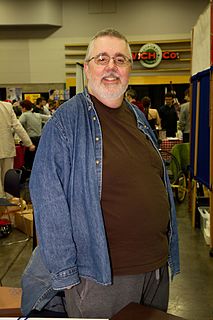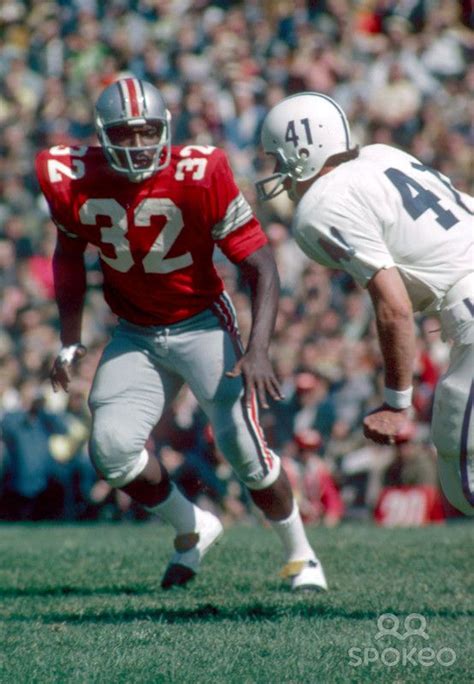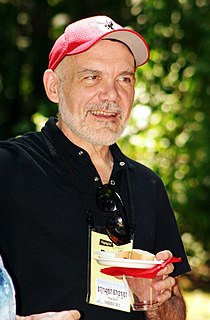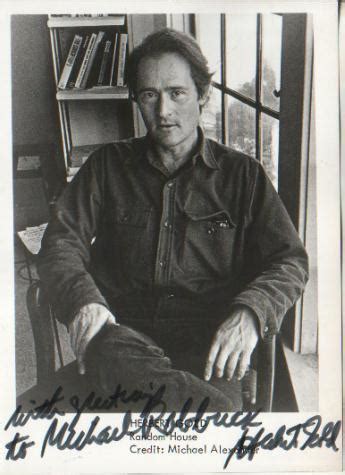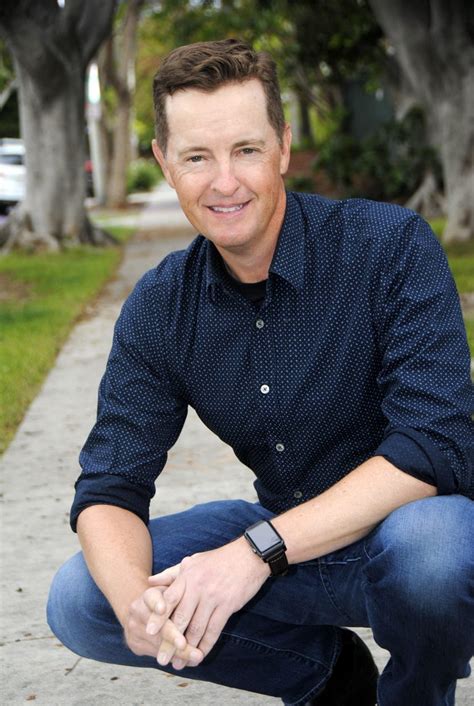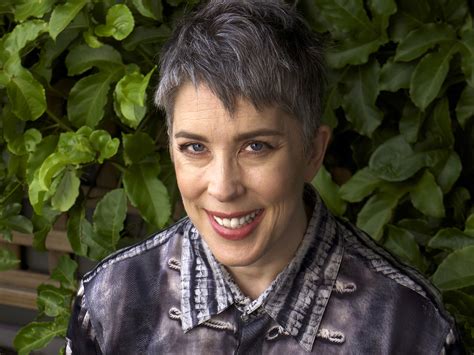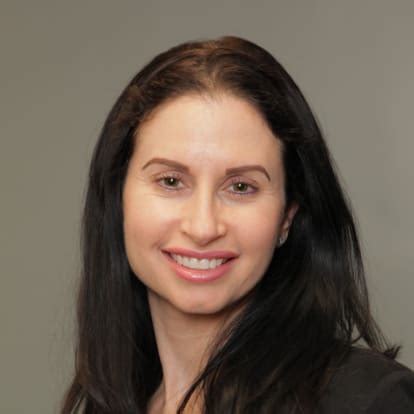A Quote by Kurt Busiek
I wanted to be a writer, but the idea of writing novels or movies seemed really intimidating. I never got more than a few pages into one.
Related Quotes
I always ask young writers, 'Are you certain you want to be a writer? If you're absolutely sure, then do it.' If you really want to write, writing has to take precedence over everything else, except for taking care of your loved ones. It has to be more important than any possession, more important than fame. We hear about just a few writers who get famous, but most of them don't. It's got to mean more than that.
I had tried writing novels for many years, and they always escaped me. For a long time, I thought, 'It's just not in me to write a novel. It's not something I'm able to do.' It seemed like everything I wrote naturally ended at the bottom of page three. A picture book, three pages; an essay, three pages.
'Paycheck,' I thought, was a really, really good idea. I never got an opportunity, unfortunately, to read the novel, but I loved the idea of how to deal with intellectual properties. I just don't know that we necessarily got to the heart of that particular idea. I think it became more of a chase movie than anything else.
I'm one of those sad cases who've never wanted to be anything but a writer. I started writing my first novel when I was five years old. I have no idea what it was about, but I do remember spending considerable time trying to get the title right, though this had more to do with crayon colour than scansion.
I didn't really think I would be a musician. I always thought I'd be a writer. I wanted to be a writer in college, but I thought I could be a better musician. I loved the process of writing music and lyrics more than I loved the process of sitting at my computer and writing. Because of that, I thought I would be a better musician than a writer.
Good writing, in my opinion, is writing that looks really easy, so easy that a person who has never written more than a grocery list might convince themself that they could also write a book. That being said, it's always a lot of work, as you know. And then there's this: you have no idea how many failed stories and novels I've attempted. I have files full of stories that didn't work for whatever reason.
If you can stand to wait 24 hours before you decide the fate of what you have written - either good or bad - you're more likely to see that invisible thing that is invisible for the first few days in any new writing. We just can't know what all is in a sentence until there are several sentences to follow it. Pages of writing need more pages in order to be known, chapters need more chapters.
